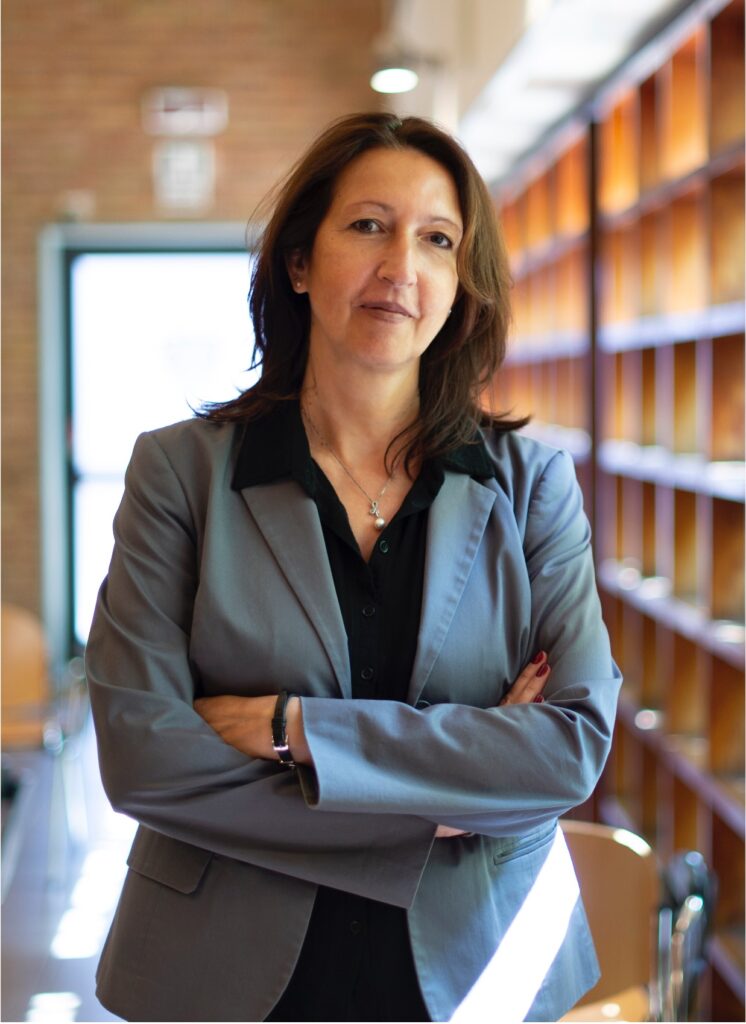Selected Publications
- Del Sarto, Raffaella A. and Eduard Soler i Lecha (2024). ‘Regionalism and Alliances in the Middle East, 2011-2021: From a “Flash in the Pan” of Regional Cooperation to Liquid Alliances’, Geopolitics, published online 5 January, DOI: 10.1080/14650045.2023.2268542
- Del Sarto, Raffaella A. and Menachem Klein (2023). ‘Oslo: Three Decades Later‘, Israel Studies Revies 38(2): 1-11.
- Del Sarto, Raffaella A. (2021). Borderlands: Europe and the Mediterranean Middle East. Oxford: Oxford University Press.
- Del Sarto, Raffaella A. (2021). ‘Sectarian Securitization in the Middle East and the Case of Israel’, International Affairs 97(3): 759-778, doi: 10.1093/ia/iiab011
- Del Sarto, Raffaella A. (2017). Israel under Siege: The Politics of Insecurity and the Rise of the Israeli Neo-Revisionist Right. Washington, D.C.: Georgetown University Press.
FRIAS Project
The Mediterranean Middle East between global order and (g)local dilemmas
More than a decade after the start of the Arab uprisings, a number of pressing problems and persistent dilemmas mark the Mediterranean Middle East and North Africa (MENA), Europe’s ‘southern neighbourhood’. These include civil wars and political fragility, a general upgrade of authoritarianism, crony capitalism, rising inequalities, high youth unemployment, the persistence of exclusionary ethno-religious politics, migration and refugee flows, and environmental degradation. Yet, the net decline in political rights and civil liberties, the rise of populism, rising inequalities within and among states, the challenge of migration and the tragedies of refugees, not to mention environmental degradation and climate change, are pressing problems at the global level, too. These challenges also seem to be interconnected and mutually reinforcing.
This research proposes to analyse the major problems in the MENA region from a systemic perspective. It will investigate whether, and to what extent, the predicaments in the MENA region are a local manifestation of our political and socio-economic global order. In other words, is there a relationship of correlation or causality between the global order and specific development models within this order on the one hand, and the precarious political and economic conditions in most MENA states on the other? And conversely, to what extent are developments in the MENA region impacting the global order? The project will thus also consider the extent to which specific policy choices of MENA governments contributed to a ‘distorted’ outcome, primarily at the local level, but possibly at the global level as well.
